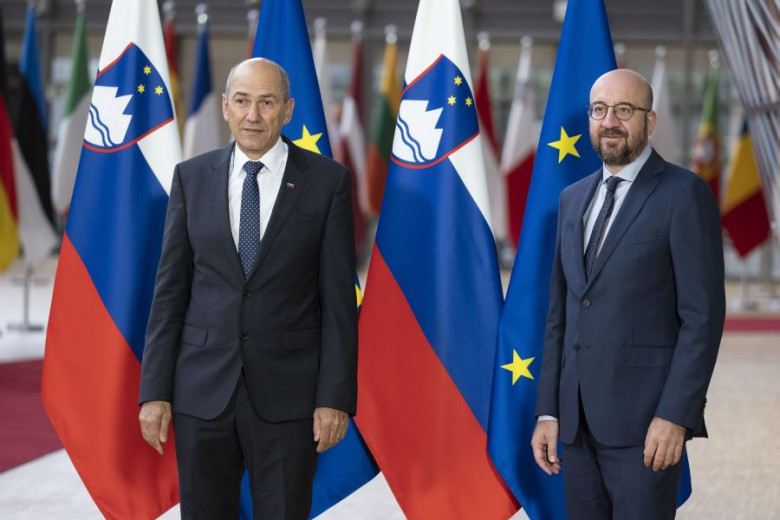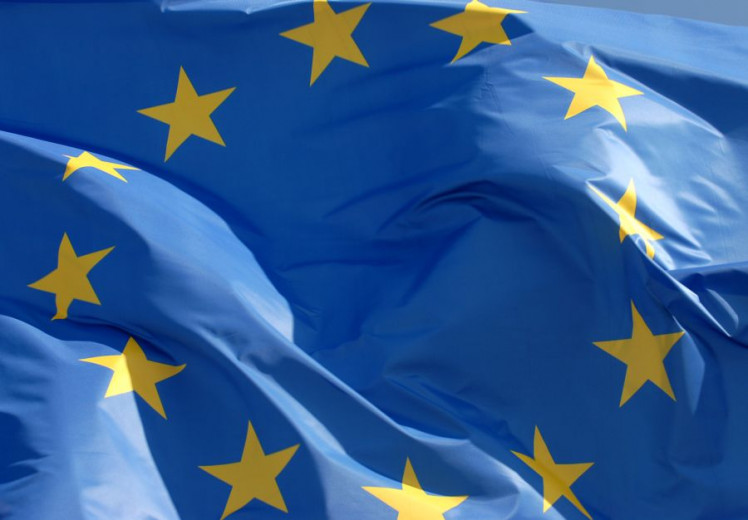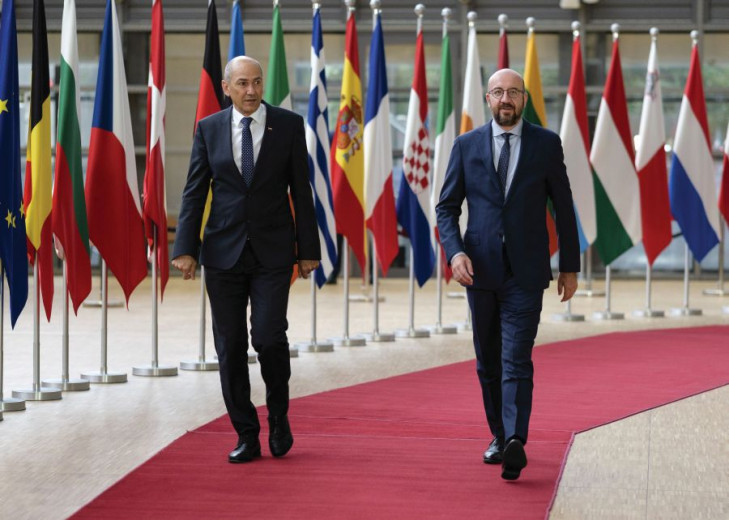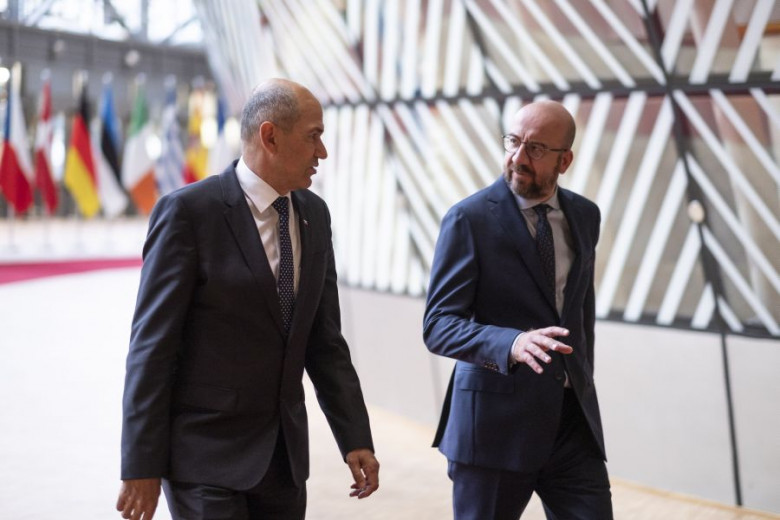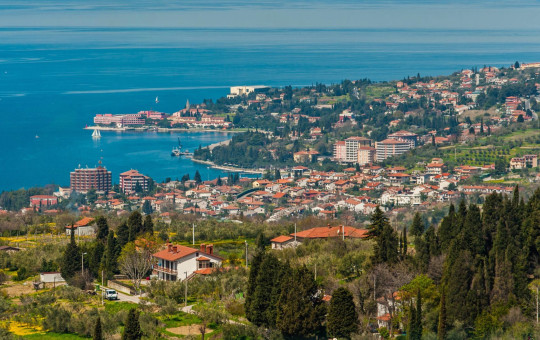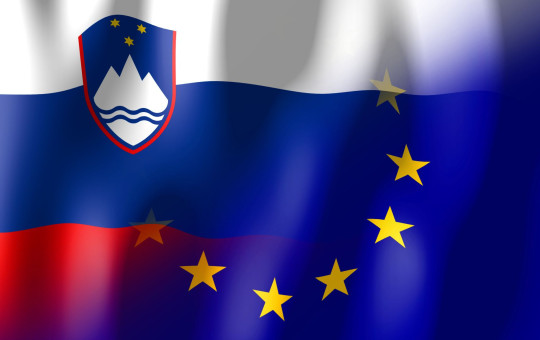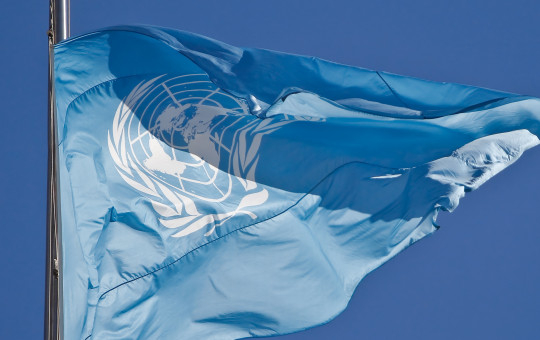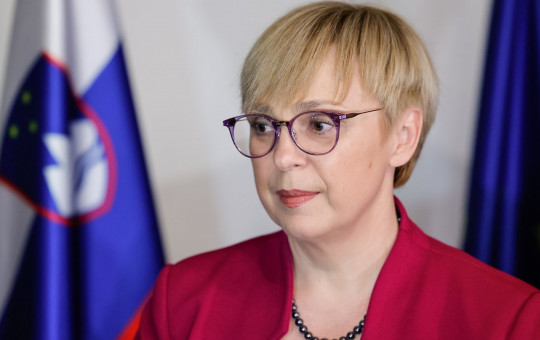Date: 28. July 2020
Time to read: 3 min
European Union Member States take turns holding the presidency of the Council of the EU, one of the key EU institutions. They each undertake this task for a period of six months in a pre-established order. Slovenia held the Council presidency for the first time in 2008, as the first among the countries that joined this European integration in 2004.
It can be said confidently that Slovenia was among the brightest stars of the EU in that period. It was also the first new Member State to adopt the euro and join the Schengen Area. But let us return to the present. In the second half of 2021, Slovenia will hold the Presidency of the Council of the EU for the second time.
The Slovenian Government is, of course, well aware of the importance of this task, so preparations for the presidency are in full swing. Since Slovenia's first presidency, not only has the Lisbon Treaty entered into force, which slightly altered the role of the presiding country, but in the middle of Slovenia's most intense preparations for the presidency, living and working conditions were fundamentally changed by the novel coronavirus. When prioritizing measures to contain the spread of the novel coronavirus and mitigate the consequences of the epidemic on citizens and the economy, the Slovenian Government also harmonised the eighteen-month programme of the presidency trio, together with the German and Portuguese Government and the European Union External Action.
Germany, Portugal and Slovenia will hold the presidency one after the other and together constitute a trio.
This type of cooperation ensures the continuity of the EU Council’s work and informs other EU institutions of the Council's priorities. In addition to the trio partner countries, all other EU Member States are also important. Prime Minister Janez Janša and Foreign Minister Anže Logar have held talks with many European and other leaders and actively participated in the dialogue on the challenges of the European Union, so that we have been able to set ambitious but realistic goals.
In the last phase, our trio’s programme was adapted to the COVID-19 epidemic. Thus, the key goal is to join efforts to ensure a fast economic and social recovery and consequently strengthen the resilience of Europe.The green and digital transformation of the European Union will be given priority. We will strengthen the strategic autonomy of the European Union and its ability to deal with crises such as a pandemic or cyberattacks. The trio’s common priorities also include addressing climate change.
One of the tasks has been completed successfully. Now, Slovenia will focus on drawing up its own six-month programme and on other tasks that await it.
For Slovenia, the presidency is also an opportunity for the overall promotion of the country and its knowledge, economy and tourism.
Successful project implementation will undoubtedly increase the reputation of our country in the EU and beyond. The preparations for and implementation of the presidency also constitute a great investment in terms of the improvement of the knowledge, skills and capacities of Slovenian public administration.

